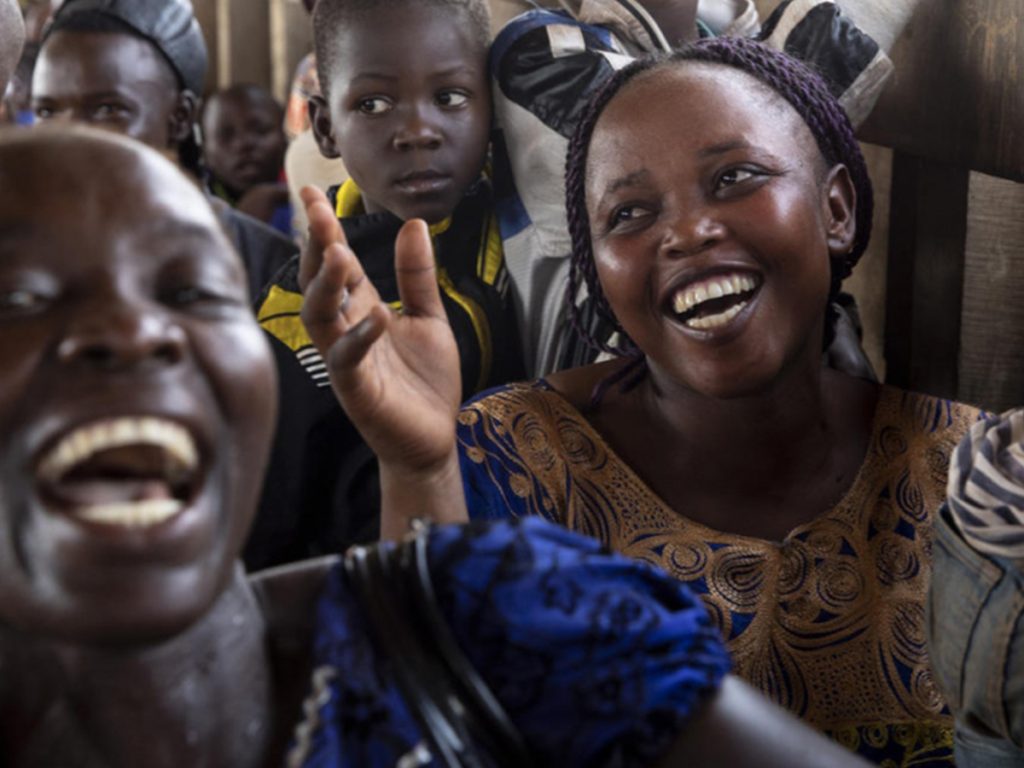After years of exile due to the ongoing conflict in the Central African Republic (CAR), thousands of refugees are now returning home. Driven by peace efforts and improving conditions, these individuals are finding hope for a better future in their homeland.
Although progress has been made in CAR through the Peace and Reconciliation Agreement and improved security in some areas, the country still faces significant challenges. Over 507,000 people remain internally displaced, and many others are refugees in neighboring countries. The ongoing impacts of decades of violence, compounded by floods and disease outbreaks, continue to affect vulnerable populations in displacement camps.
Since 2017, the UN Refugee Agency (UNHCR), in partnership with CAR and neighboring countries, has been facilitating a voluntary repatriation program to support refugees returning to areas deemed safe. More than 49,000 Central Africans have returned home, with 12,000 of those coming back this year alone.
One family recently completed a five-hour journey through rough terrain to Lolo, a village near the border. After receiving health and immigration clearances, they continued on to their hometown. Upon crossing into CAR, they were welcomed by villagers waving branches in celebration. The family then spent the night in a transit center in Berberati before continuing to their home village, where they were reunited with loved ones.
“I am so happy to be back in my homeland,” one returnee said. “Crossing the border filled my heart with peace.”
A Multi-Year Repatriation Plan
In a bid to facilitate the return of even more refugees, CAR’s government has launched a multi-year plan under the CAR Solutions Support Platform, aiming to repatriate 300,000 refugees by 2028. Recent surveys show that 23 percent of refugees (around 80,000 people) would return to CAR if basic services are accessible.
UNHCR, along with local partners, is offering cash assistance to ease the return process by covering transportation, food, and household items. The agency is also implementing community projects to promote social cohesion and long-term stability, focusing on livelihoods, civil documentation, and peacebuilding.
One returnee, who came back in 2019, has successfully rebuilt her life, starting a tailoring business with skills learned during her time in Cameroon. “I learned to sew in Cameroon and even trained others,” she said. “Now my children help bring in new customers, and people admire the dresses I make for my daughters.”
She is also part of a savings group to help expand her business. For her, there is no place like home.
“To those still in exile, the door is open,” she added. “No matter where you go, it’s not home. Now that there’s peace, it’s better to come back and work for our country’s future.”

